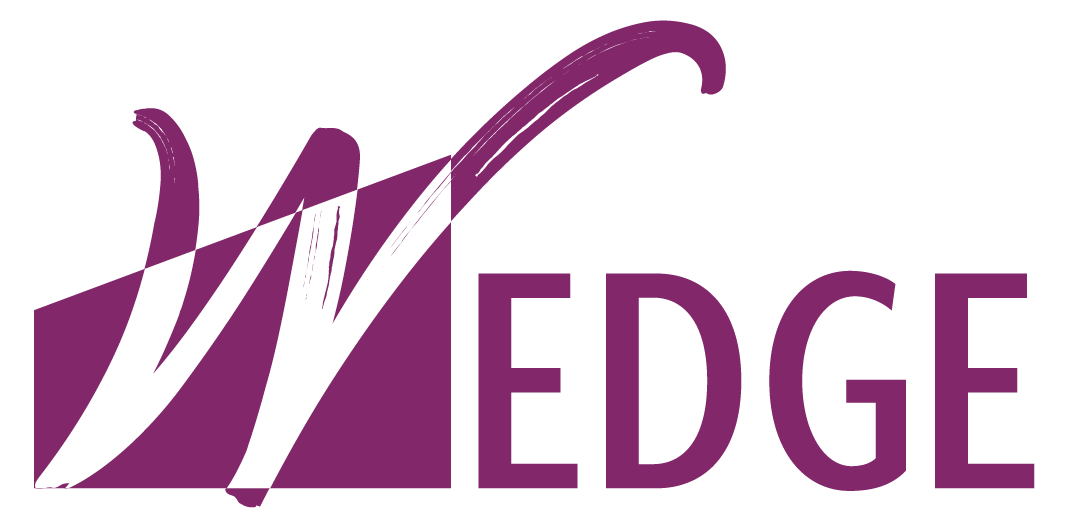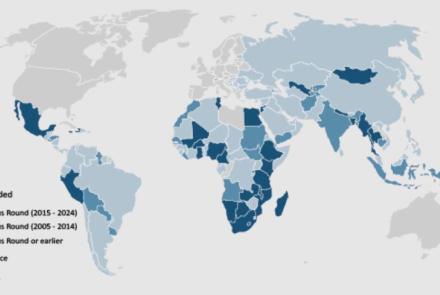Mission
The Women’s Empowerment: Data for Gender Equality (WEDGE) project is dedicated to designing and improving measurement of women’s empowerment in developing countries.
Since the 1980s, women’s empowerment has emerged as an important topic of research among scholars interested in the southern countries. This growth has been facilitated by the availability of empirical information resulting from large data collection efforts, such as the Demographic and Health Surveys and the World Bank’s Living Standard Measurement Surveys.
However, despite its initial promise, the measurement of women’s empowerment has not progressed substantively over the last twenty years, and notwithstanding the tremendous global economic and social transformations, measures of women’s empowerment have remained relatively stagnant. Although theoretical literature on gender consistently acknowledges that gender is a multi-dimensional issue, in practice, only limited aspects of gender (for example, women’s labor force participation) have received attention, particularly in regards to data that feed into policy design. We believe that the enhanced focus on the collection of gender-related data and gender-disaggregated information for evaluating the Sustainable Development Goals (SDGs) offers a unique opportunity for developing theoretically grounded measurement tools over the next few years.
Our project is called Women’s Empowerment: Data for Gender Equality (or WEDGE). We are generously supported by The Hewlett Foundation. Our three main goals are to:
- Curate existing statistical data on women’s economic empowerment and its close correlates in the area of educational, social, and political empowerment; and encourage expansion of domains and better specification of indicators in research on women’s economic empowerment through more effective mapping of theory to measurement.
- Facilitate the creation of a community of researchers, program implementers, and data collectors working on women’s economic empowerment using web-based platforms.
- Develop and pretest scalable survey modules and place these modules in the public domain for possible adoption by statistical agencies and researchers.
Funders
William and Flora Hewlett Foundation





